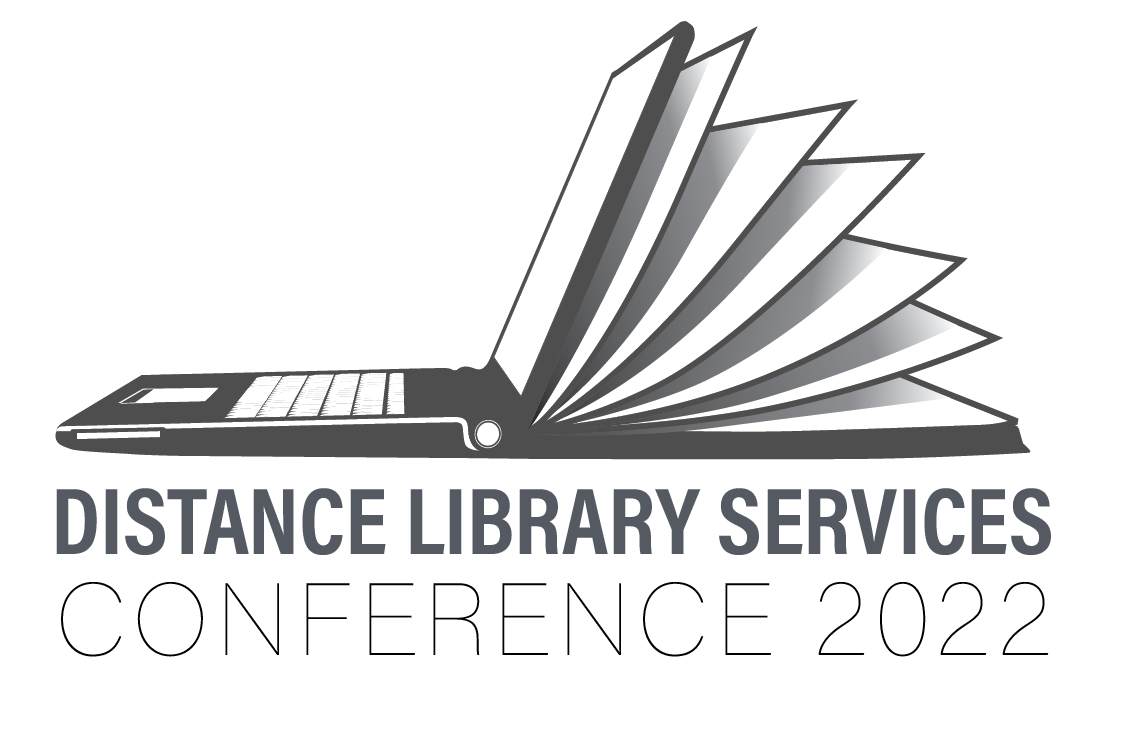Session Format
In-person Poster
Proposal Synopsis
It is increasingly necessary to build tools specific to a STEM context (Mai, 2016). Engineering students, in particular, come to information with a purely ‘transmission-of-knowledge’ mindset, not a critical perspective (Taraban, 2006). Most engineering students are currently finding information on Google, Reddit, and Wikipedia, resulting in competing authorities and difficulty distinguishing ‘good’ from ‘easy to find’ (Mercer, Weaver, & Lamont, 2021; Weaver, Mercer, & Howcroft, 2021); Engineering students do not consistently evaluate sources for credibility if they do not perceive an authentic engineering-specific value to the activity (Lamont et al., 2020).While the above challenges are closely tied to engineering, they may prove true across all disciplines and have broader implications for undergraduate students navigating information across academic, personal, and professional contexts.
Research around how the way people navigate information is rapidly emerging and changing. Understanding discipline specific needs is key to supporting engineering students who must learn to navigate information to be successful as professionals. Engineering students have unique needs when it comes to information seeking because they depend heavily on non-library sources for a significant amount of the information they use. These sources include patents, standards, white papers, and blogs. Information overload is a growing challenge and the need to teach students to effectively navigate the growing information deluge is all the more clear. Mastering critical thinking, especially as it relates to information, is an essential step for their academic success and the growth as top talent across disciplines and professions.
This poster discusses the development and user feedback on a set of five OER modules that are sustainable, customizable, easily embedded into courses, and transferable across higher education institutions to address these distinct digital literacy needs. The five modules are: 1/ Information Overload; 2/ Misinformation, Trust, & Bias; 3/ Information Evaluation & Filtering; 4/ Diversity of Information; 5/Information Use, Ethics, and Professionalism.
Primary Conference Tag
Teaching and Learning
Secondary Conference Tag
Open Educational Resources
Optional Conference Tag
Type of Library - University
Location
WAL C 3084
Start Date
27-7-2022 1:00 PM
End Date
27-7-2022 2:00 PM
Fostering Information Literacy Skills for Engineers: a module based approach to engender lifelong learning
WAL C 3084

